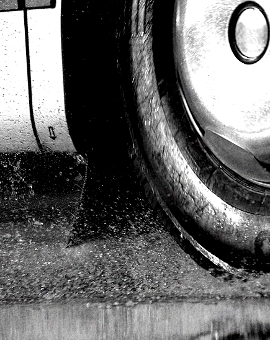Diesel rebate tops $7.8 billion
 Making fossil-fuel industries pay for diesel could save Australian taxpayers $7.8 billion a year.
Making fossil-fuel industries pay for diesel could save Australian taxpayers $7.8 billion a year.
Diesel rebates are offered as compensation for industries like mining, agriculture and fisheries that do not use public roads but use high volumes of diesel in remote locations.
The tax rebate of 42.7c a litre costs the federal government $7.8bn a year.
Tony Wood, director of the energy and climate change program at the Grattan Institute, says it is holding back development.
“You want to assist industry in where it’s heading, not just pay for what they needed in the past,” Mr Wood says.
“In the case of diesel, you’d need clear incentives for heavy industry to move away from using it, and give them fair warning over a number of years that you’re removing the rebate.”
The Australia Institute’s new report shows that the fuel tax credit scheme costs more than the army or air force each year, and is the 18th largest expense item in the budget.
The group is advocating for a staged scale-back of the subsidy, not a sudden end.
“What you don’t want to do is penalise remote communities that are using the rebate and still doing it tough, so you’d need to get the incentives right and be clear you were rolling it back over time,” Mr Wood said.
“But it would help move everyone in the right direction and avoid any perverse incentive to keep using diesel.
“The problem with older disconnected taxes is they just end up in general revenue.
“But industry is already moving in the renewable direction, so it might be a good time to let them know in the future diesel won’t be included in a rebate and outline some new incentives instead.
“Most of these companies have actually made stronger climate change commitments than our government,” Mr Wood said.







 Print
Print